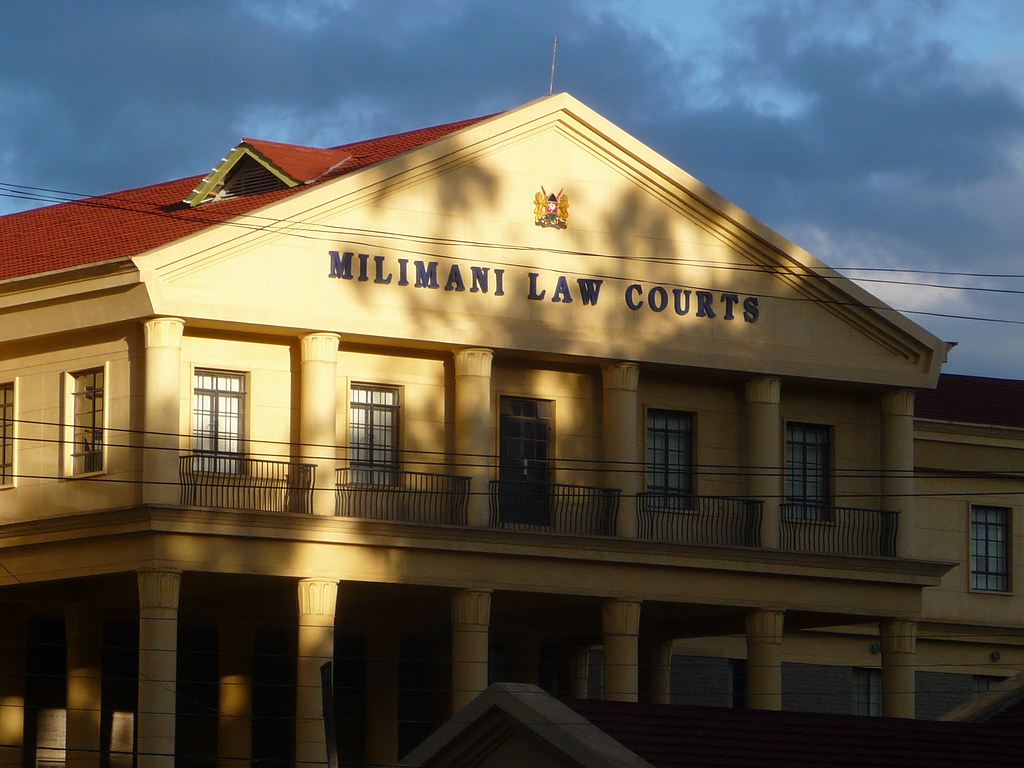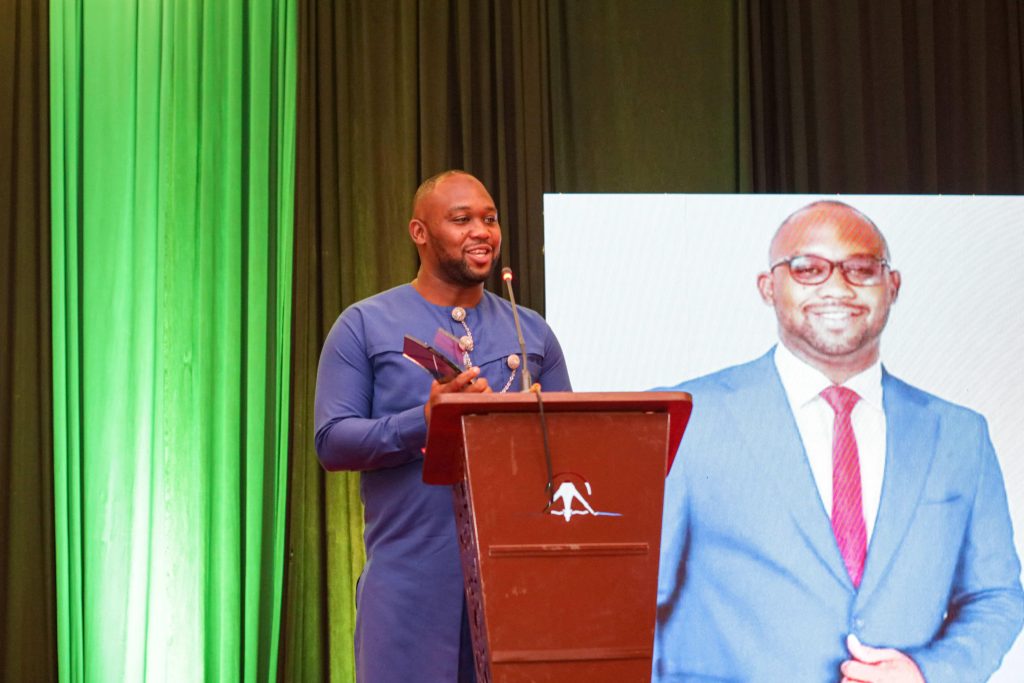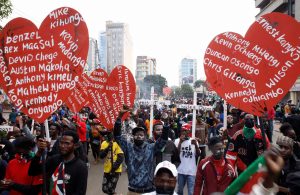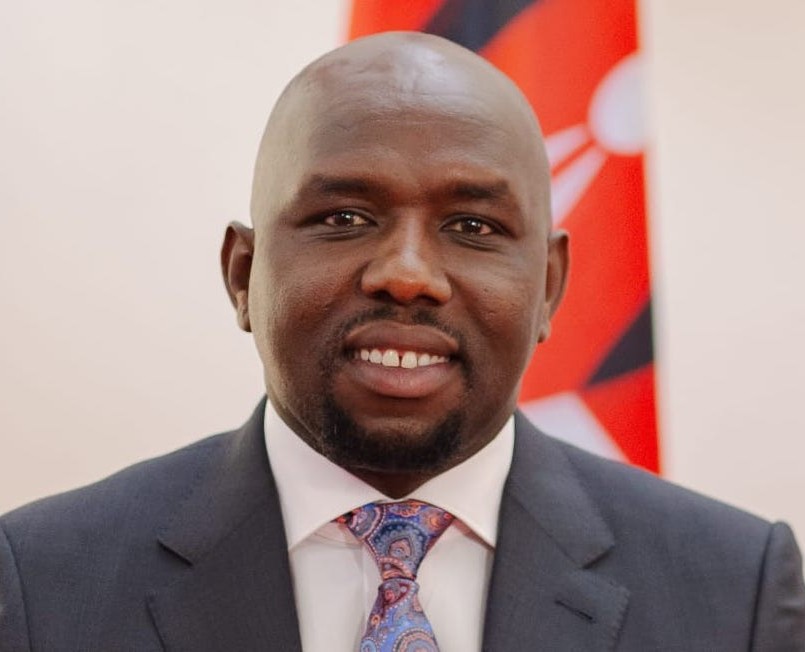By Wahome Ngatia
In a landmark judgment on June 21, 2025, the High Court struck down key provisions of the Public Benefits Organizations (PBO) Act, 2013, marking a significant win for Kenya’s civil society. The ruling nullified sections deemed unconstitutional for infringing on freedoms of association and expression, while also exposing the government’s long-standing attempts to control NGOs.
The Illegal Provisions and Their Implications
The court found several sections of the PBO Act unlawful, including:
- Regulatory Overreach (Sections 23, 24, 25) – The Act granted the government excessive powers to de-register NGOs on vague grounds, such as “acting against public interest.” The court ruled this violated Article 36 of the Constitution on freedom of association.
- Funding Restrictions (Section 27) – This provision compelled PBOs to publish members’ lists, donor identities, and internal records. The court held it to violate privacy (Article 31), incompatible with the Data Protection Act, and likely to chill support for sensitive causes
- Government Dominance in the PBO Federation (Section 20) – The Act allowed state appointees to control the PBO Federation, undermining civil society’s independence. The court affirmed that self-regulation, not state interference, aligns with constitutional principles.
- Structure of the Regulation Authority and Tribunal (Sections 35, 50)
Sections 35, 50(1), 50(5), and 50(6)(c) were struck down because they gave the executive undue influence over the PBO Authority Board and Tribunal. Bypassing the Judicial Service Commission in making tribunals appointments and vesting remuneration control in the Authority compromised independence in violation of Articles 50, 160, 172, and 230 .
A History of Muzzling Civil Society
Kenyan governments have repeatedly tried to clamp down on NGOs, especially those critical of governance. In 2015, the NGO Coordination Board attempted to shut down the Kenya Human Rights Commission (KHRC) and Africog over alleged compliance breaches. In 2017, the government froze bank accounts of NGOs probing election irregularities.
These actions mirror regional trends, where laws in Uganda, Tanzania, and Ethiopia impose stringent controls on NGOs under the guise of “transparency.” The 2025 ruling, however, reaffirms Kenya’s constitutional safeguards against such repression.
The Way Forward for Civil Society
The judgment restores autonomy to NGOs, but challenges persist. The government may appeal or introduce new restrictive laws. Civil society must remain vigilant and leverage the ruling to push for full implementation of the PBO Act’s progressive clauses, such as tax exemptions for NGOs.
What This Ruling Means Going Forward
- Legal Certainty & Reduced Bureaucracy
Automatic transition for legacy NGOs means no fresh applications—a win for legal predictability and relief from administrative costs . - Privacy Safeguards & Donor Confidence
By aligning registration with the Data Protection Act, the ruling restores a balance between transparency and individual safety—critical for issues like human rights. - Independent Appeals & Judicial Oversight
Tribunal appointments must now meet constitutional standards or defer to the Judicial Service Commission—strengthening institutional autonomy - Choice of Affiliation
Parties are no longer forced into one federation or forum; they can choose associations aligned with their values and strategy .
Thought leaders like Maina Kiai (former UN Special Rapporteur) have long argued that civic space thrives only when governments respect self-regulation. The court’s decision aligns with this view, setting a precedent for judicial protection of civil liberties.
The PBO Act
The PBO Act, initiated in 2013 but only enforced via Legal Notice 78 on 14 May 2024, repealed the NGO Co‑ordination Act of 1990. Proponents fronted it as a modern governance framework designed to boost transparency and accountability. However, critics noted several provisions replicated draconian controls from the NGO Act with insufficient procedural safeguards .
The ruling is a triumph for civil society
The judgment not only safeguards Kenya’s democracy but also signals to other African nations that judicial independence can curb executive overreach.
By anchoring PBO oversight firmly within constitutional guardrails—chiefly ensuring association freedoms, administrative justice, privacy, and institutional independence—it offers a robust foundation for future collaboration and accountability.
The Kenya Human Rights Commission (KHRC) filed the petition challenging the constitutionality of several provisions in the PBO Act, arguing that they infringed on constitutional rights such as freedom of association, privacy, and fair administrative action.














